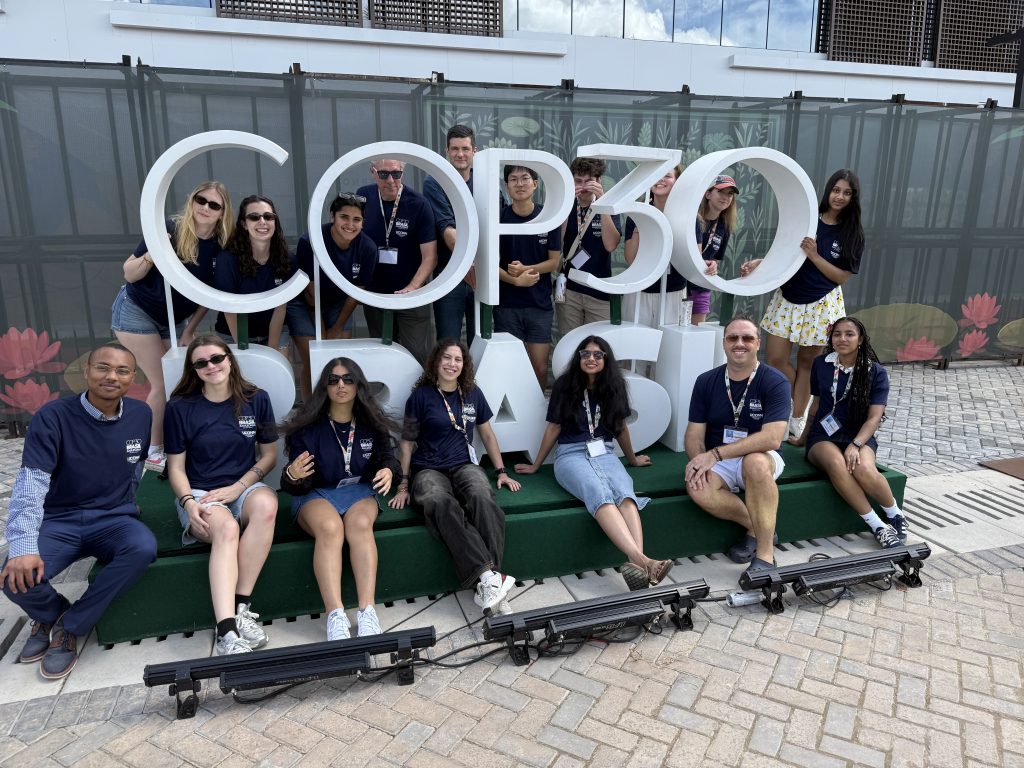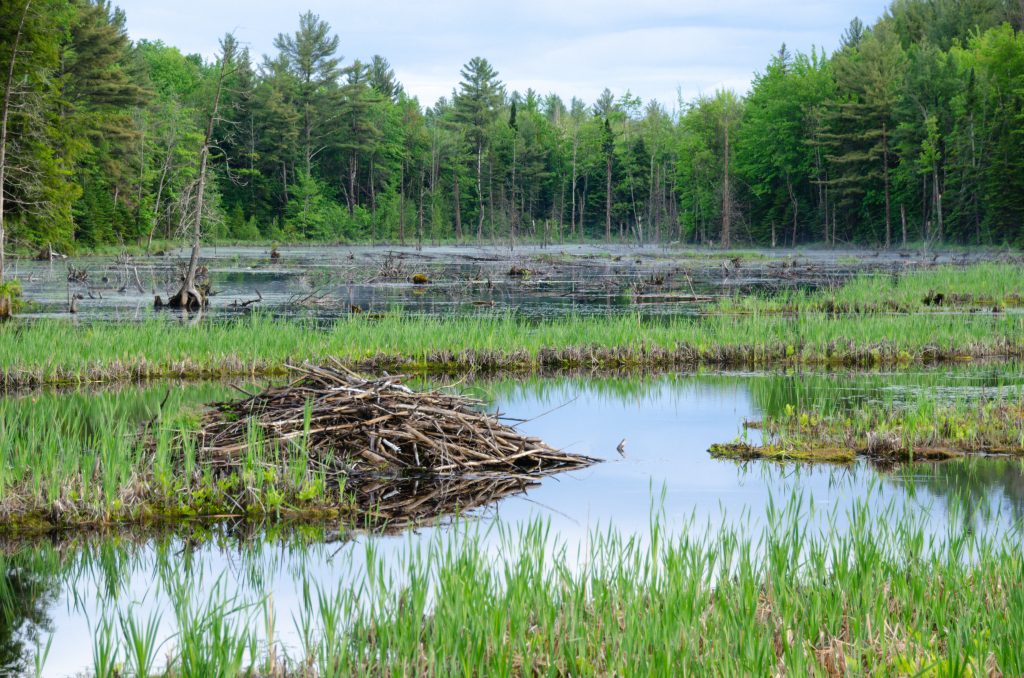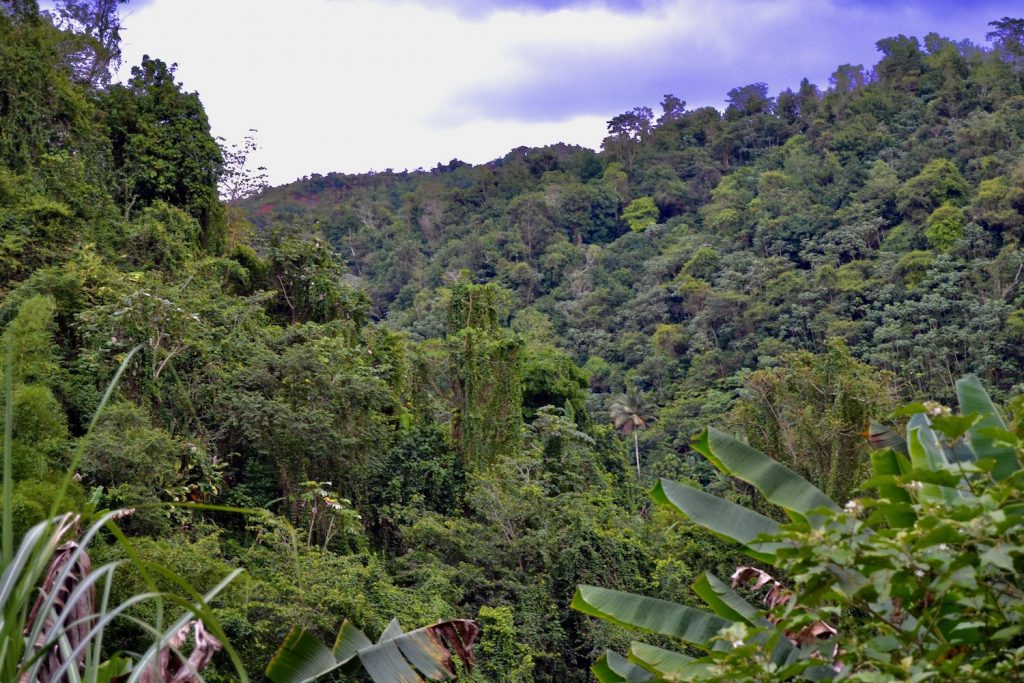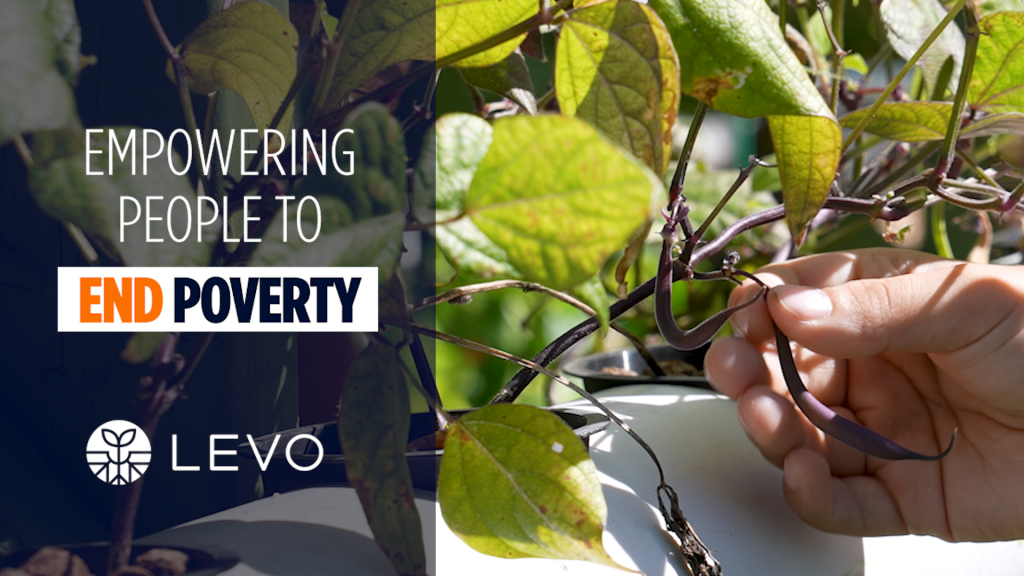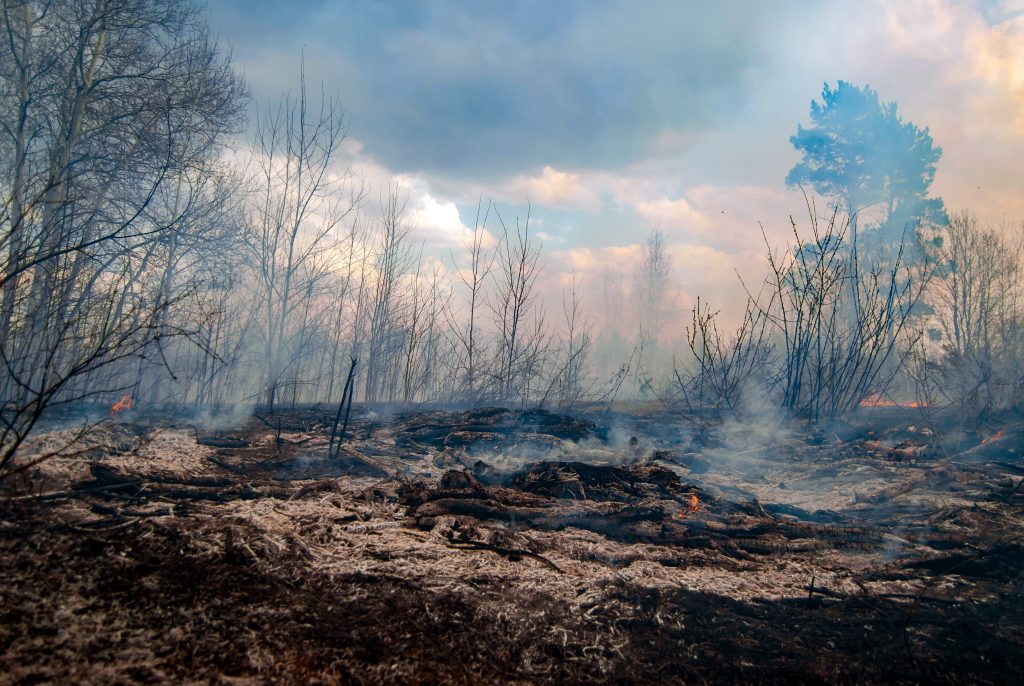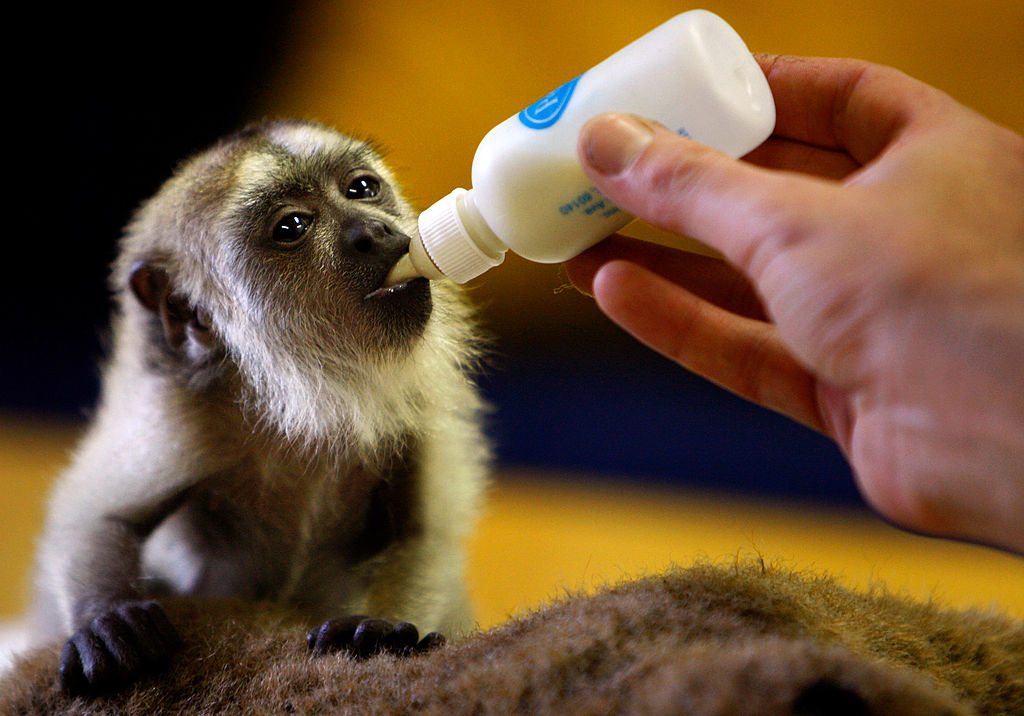Climate change
UConn-led Project Promotes Climate-Resilient Coastal Communities
Funded by a $500,000 NSF grant, the two-year initiative spearheaded by researchers at UConn-based Connecticut Institute for Resilience and Climate Adaptation (CIRCA) will ensure coastal communities have access to the expertise and tools needed to develop and implement strategies and policies that make them more resilient to the effects of extreme weather and climate change
December 15, 2025 | Loretta Waldman
UConn Students in Belem: First Impressions from COP30
Experiences and skills not taught in the classroom – UConn@COP is program unlike any other
November 24, 2025 | Elaina Hancock
Beavers Impact Ecosystems Above and Below Ground
'We need to understand the trade-offs and benefits'
October 27, 2025 | Elaina Hancock
A New AI-Based Method to Help Prevent Biological Invasions
A strategy to take advantage of new datasets and machine learning tools
October 20, 2025 | Elaina Hancock
Artists of the Sky: Benton Exhibition Showcases Beauty, Scientific Importance of Clouds
Climate scientists need to predict cloud formation with near perfection because being even slightly off could mean the difference between – well, life and death
October 15, 2025 | Kimberly Phillips
Campus Power Plant Hydrogen-Capable and More Efficient Than Ever
'Our goal is to develop a true next-generation solid oxide fuel cell that achieves an unprecedented combination of power density, efficiency, and durability'
October 8, 2025 | Kim Krieger
Empowering People to End Poverty
Using hydroponics to sustain food security
September 24, 2025 | Izzy Harris
Rivers in the Sky, Arctic Warming, and What this Means for the Greenland Ice Sheet
Characterizing weather extremes from the past to add context to future impacts
September 22, 2025 | Elaina Hancock
UConn Researchers Uncover a Major Shift in U.S. Landscape: ‘Wild’ Disturbances Are Overtaking Human-directed Changes
A 40-year satellite study reveals that while disturbances from logging and construction are declining, events like mega-fires and extreme storms are becoming more common
September 18, 2025 | Elaina Hancock
‘No Rest for the Wilted’: How Will Species Fare After Consecutive Hottest Years on Record?
Forecasting to show which species are at greatest risk of climate-related extinction, before it’s too late
September 11, 2025 | Elaina Hancock

